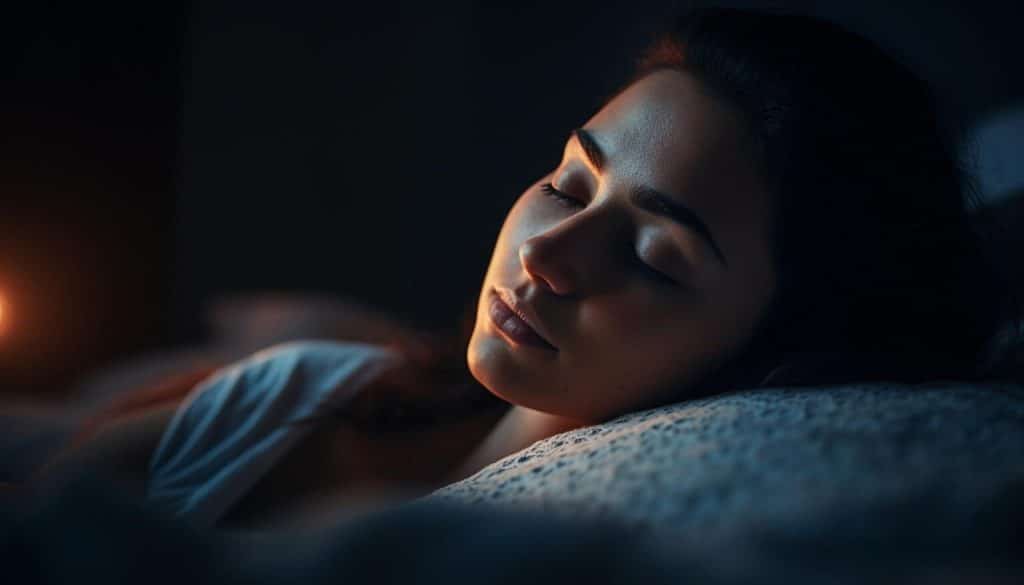The pelvic floor’s role in pre-bedtime and sleeping habits might seem minimal, but it’s worth exploring. As a pelvic floor physical therapist, I emphasize that waking up at night to urinate is not a good sign.
When patients report waking up once or more to use the restroom, I discuss bladder irritants, staying hydrated before bed, and “retraining” their bladder through habits.
While these practices are essential, another reason to avoid nighttime bathroom trips is that it indicates we’re not entering the crucial REM (rapid eye movement) cycle. REM sleep is vital for mood, memory, and learning.
During REM, our bodies secrete antidiuretic hormone (ADH), which minimizes water excretion through urine, conserving body fluids. ADH helps us urinate less, storing fluid instead. When well-hydrated, ADH levels decrease, and urination occurs at a regular frequency.
ADH significantly impacts hydration and our ability to sleep through the night. An adult drinking enough water should need to urinate every two to three hours. However, REM sleep increases ADH production, reducing urine volume and allowing uninterrupted sleep.
If you struggle to enter REM sleep, ADH levels remain low, urine production stays at daytime levels, and you’ll need to urinate at night. Developing healthy sleep habits can help you enter REM sleep, produce more ADH, and avoid nighttime bathroom trips. Drinking excessive water before bed or consuming alcohol, which inhibits ADH release, can lead to nighttime urination.
Suggestions for Good Sleep Habits:
- Go to bed at the same time every night to establish a regular sleep routine.
- Create soothing nightly routines like meditating, taking a bath, or listening to music.
- Exercise regularly, but at least two hours before bed.
- Cut back on nicotine and caffeine, which are stimulants that disrupt sleep.
- Avoid eating right before bed; aim for a two-hour gap between dinner and sleep.
- Steer clear of alcohol, which initially sedates but later disrupts sleep.
- Take brief naps during the day to accumulate “sleep debt.”
- Use the bedroom only for sleeping and intimacy, avoiding screens, eating, or TV in bed.
- Stop using screens two hours before bed to avoid confusing your biological clock.
- Ensure your bedroom is cozy, peaceful, and cool for better sleep.






